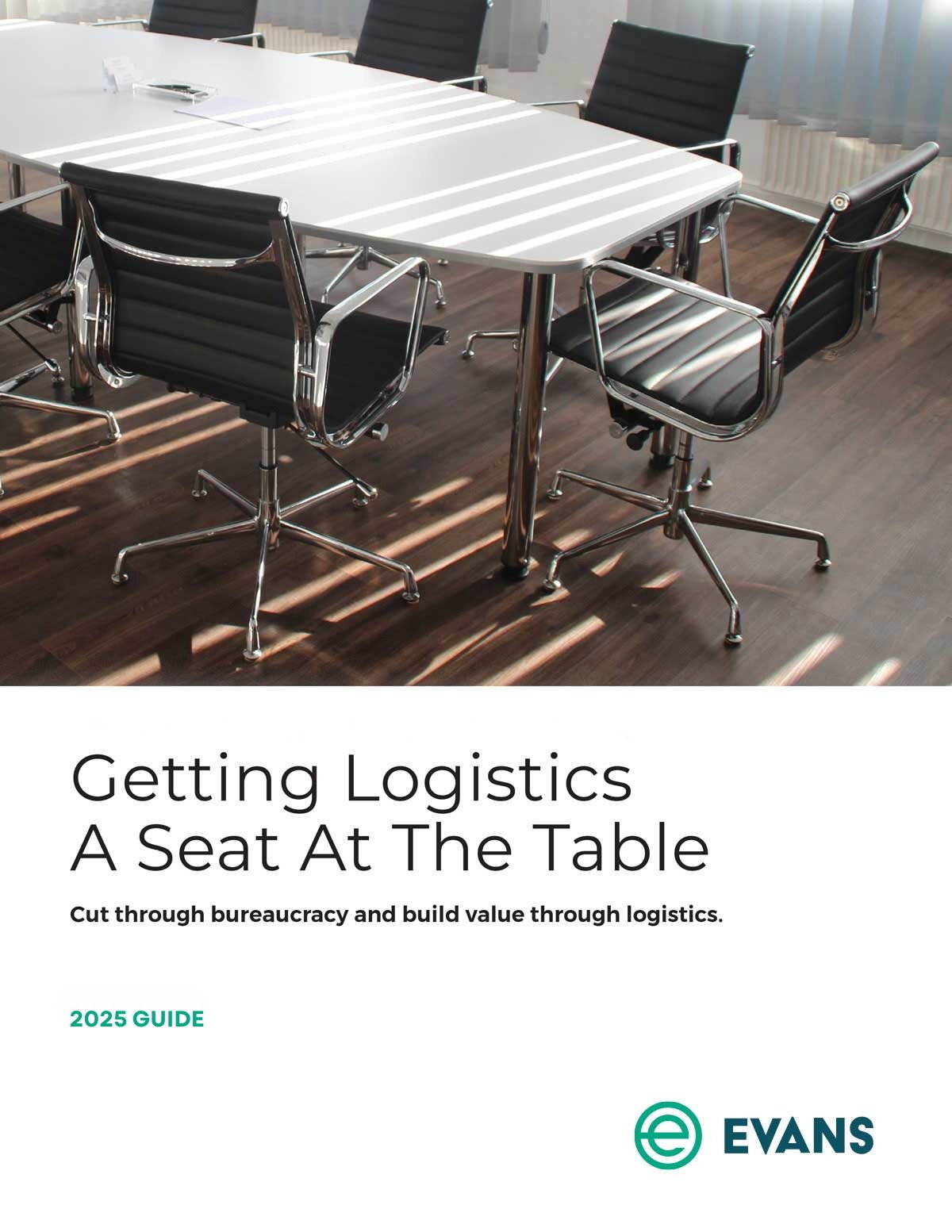With advances in blockchain technology, reduced shipping costs are predicted across numerous industries.
We are just beginning to explore the potential for blockchain and the freight shipping industry, particularly with respect to truck parts shipping. We’ve written before about the potential impact blockchain could have on the shipping industry. We are now seeing evidence of the power this new technology has to streamline business processes — and how blockchain can reduce shipping costs for truck parts and other heavy-equipment manufacturers.
A recent international consortium explored how blockchain might streamline certain processes, from the automotive industry to beer distribution. The consortium represents typical stakeholders in international shipment. They collaborated to test 12 real-world shipments. Each shipment had a different destination and different regulatory requirements.
The result? These test cases confirmed that blockchain technology does, in fact, reduce shipping costs and increase supply chain visibility.
Blockchain basics
Let’s break down how blockchain works and its potential impact to truck parts shipping.
First, a recap of the basics: blockchain operates as an electronic database and ledger that securely stores records of values and transactions in an unalterable database. Blockchain automatically captures every part of a transaction in a digital record.
By tracking, verifying, and storing all aspects of a transaction, blockchain eliminates the delays and “middle men” that plague complex transactions. For example, international shipments of automotive parts typically require more than 20 different paper-based documents. This approach limits data quality, real-time visibility, and data transfer. Timely payment may also suffer delays with the traditional paper-based approach.
Blockchain and shipping your truck parts
So, how would blockchain affect transactions for your truck parts? Evaluating your mode options and streamlining the process of claims are the areas where we see the biggest impacts for blockchain and shipping truck parts.

